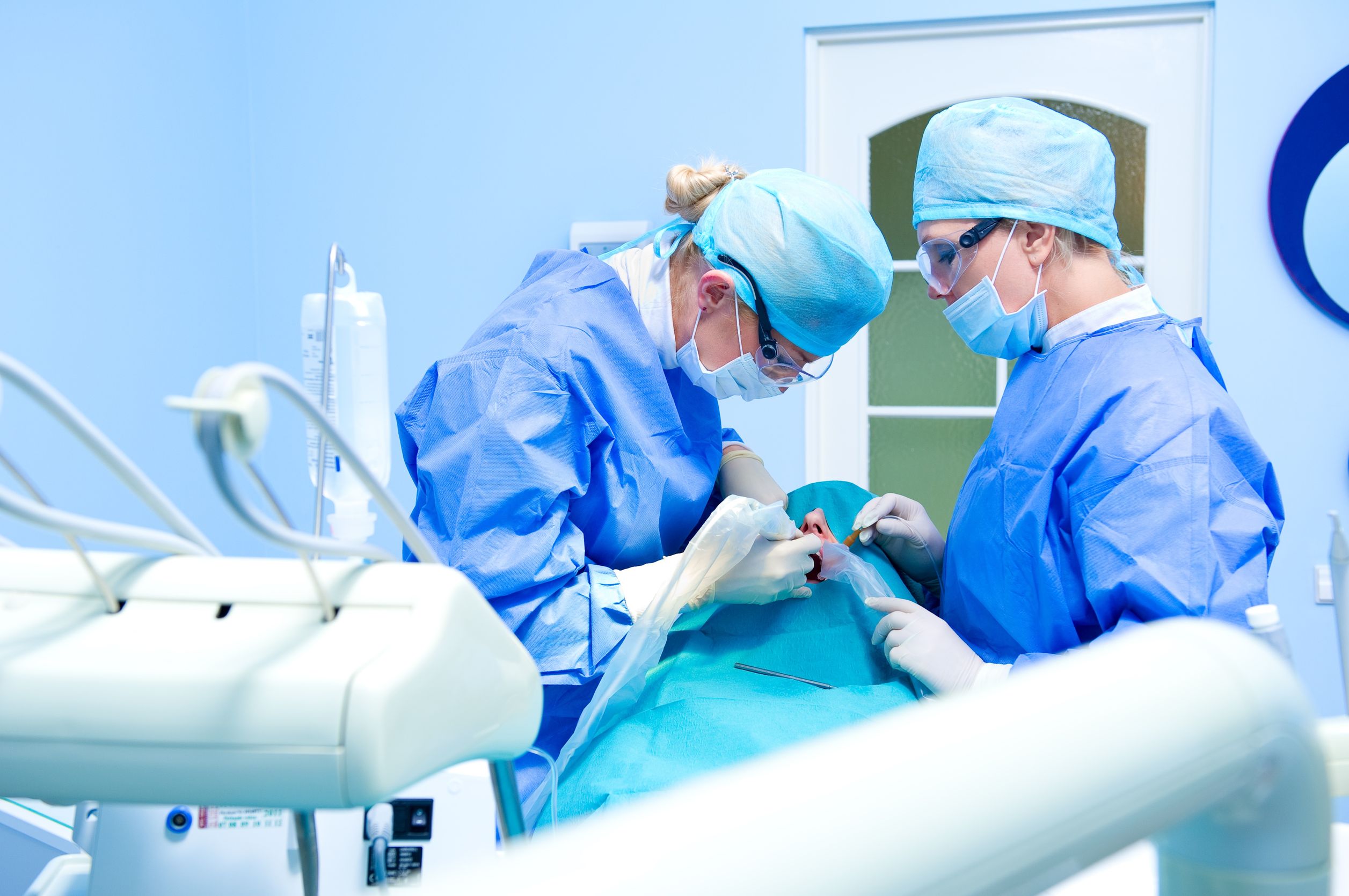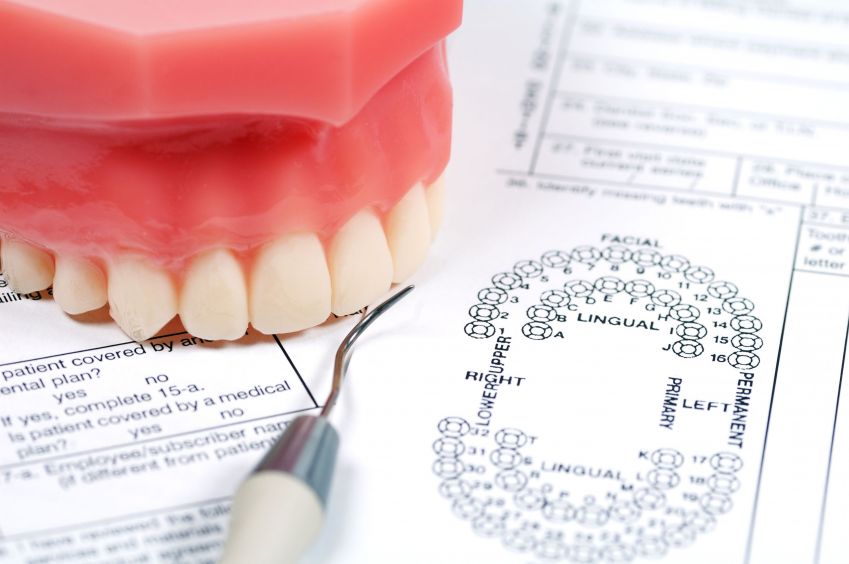Each and every dental patient must follow the recommendations of their dentist to reduce the risk of complications during surgery. The principle of healing after a wisdom tooth extraction is simple. The cell (the hole left by the tooth) is filled with a blood clot. If the patient does not mess with it and allows the area to heal properly, the clot will turn into bone and new gum. It is, therefore, recommended to rest for 2 to 3 days, do not smoke (for obvious reasons), to not suck on anything (keeps the clot intact), and to eat while trying to not disrupt the clots. Read on to learn more about these particular Dental Care Services in Newark NJ.
What happens if people do not follow the above recommendations? They may experience something called alveolitis, which is a dry socket. Dry socket is the loss of a socket’s blood clot. The bone is then exposed, and the area becomes very sensitive. This typically occurs after 3 days of pain. What should one do? The answer is simple: Return to the dentist. After diagnosing a dry socket, the dentist rinses the cell and applies a special drug that remains in the site and relieves pain associated with alveolitis. The quality of the healing is the same as it would be for another tooth but is delayed by 4 to 5 days.
What is the difference between having a dentist extract a tooth and a maxillofacial surgeon doing so instead? The maxillofacial surgeon is a dentist who after at least one year of residency at a teaching hospital or 2 years in private practice, has a 4-year degree from a school that offers maxillofacial surgery. They are qualified for all serious and delicate surgeries of the face, jaw. and mouth. It is to this professional that the most difficult Dental Care Services in Newark NJ are referred to. It is easier for the maxillofacial surgeon to handle an extraction like this.
Does this kind of operation occur at a hospital? No, 99% of cases are performed in a dental clinic like ChildSmilesFamilySmiles. Visit website for more details.







